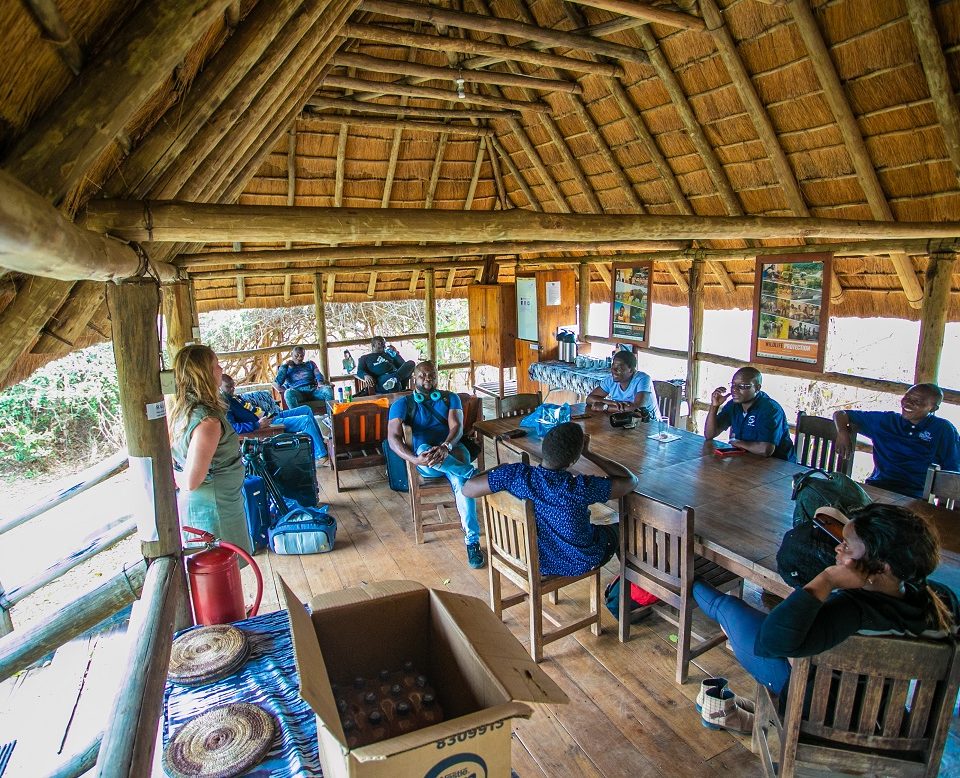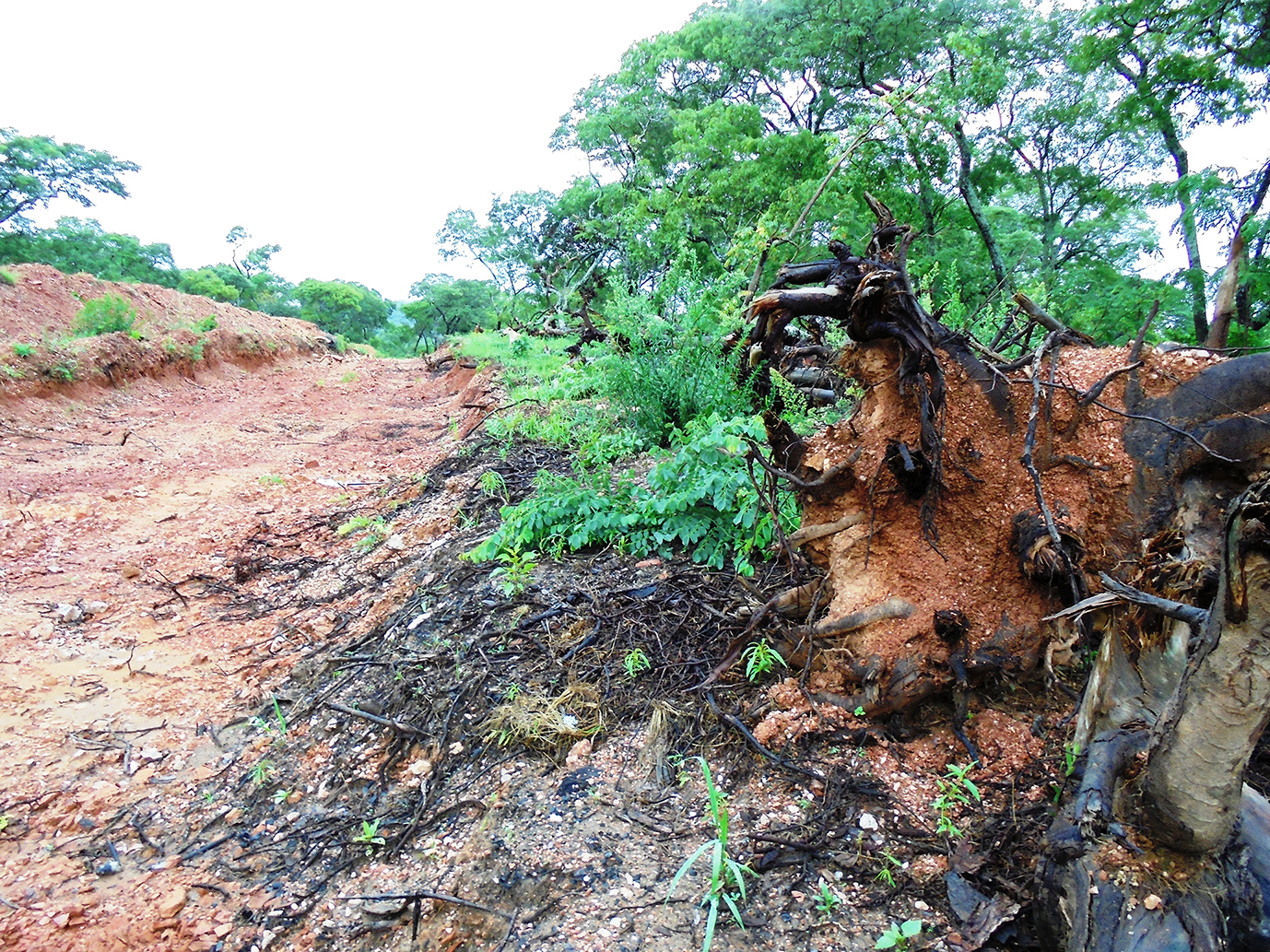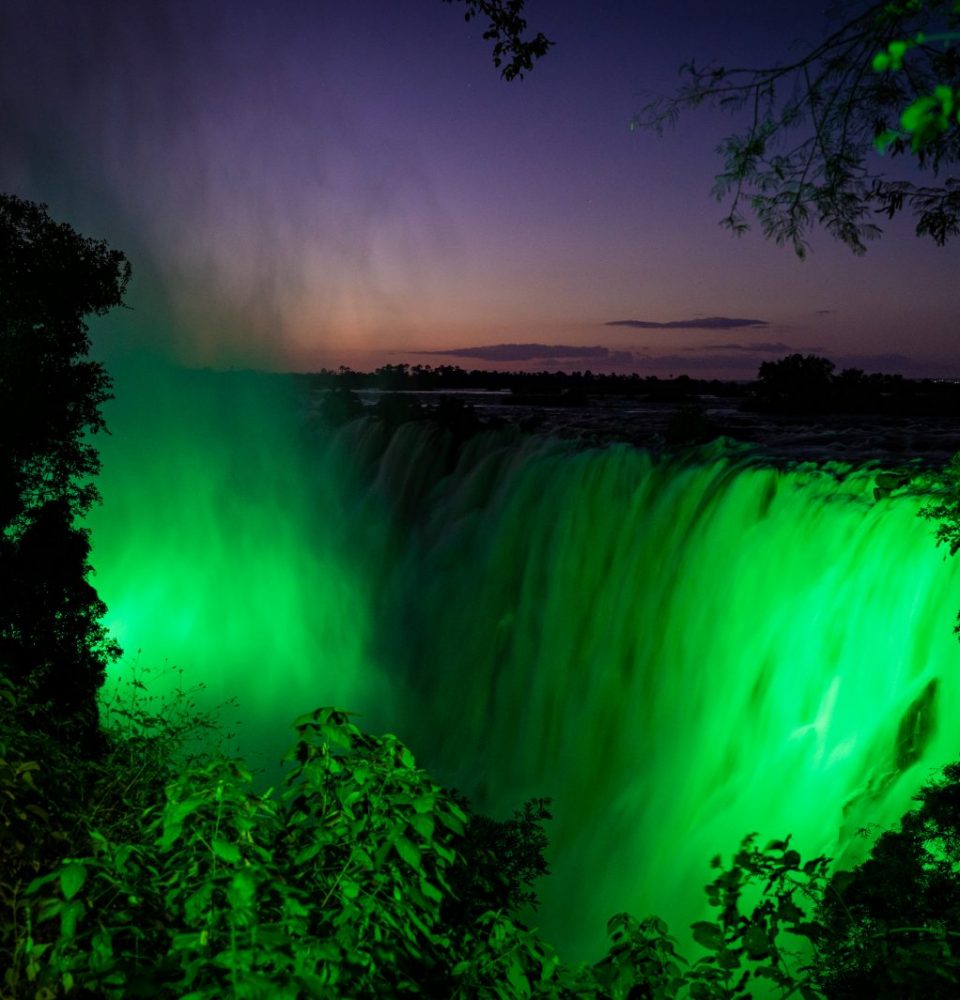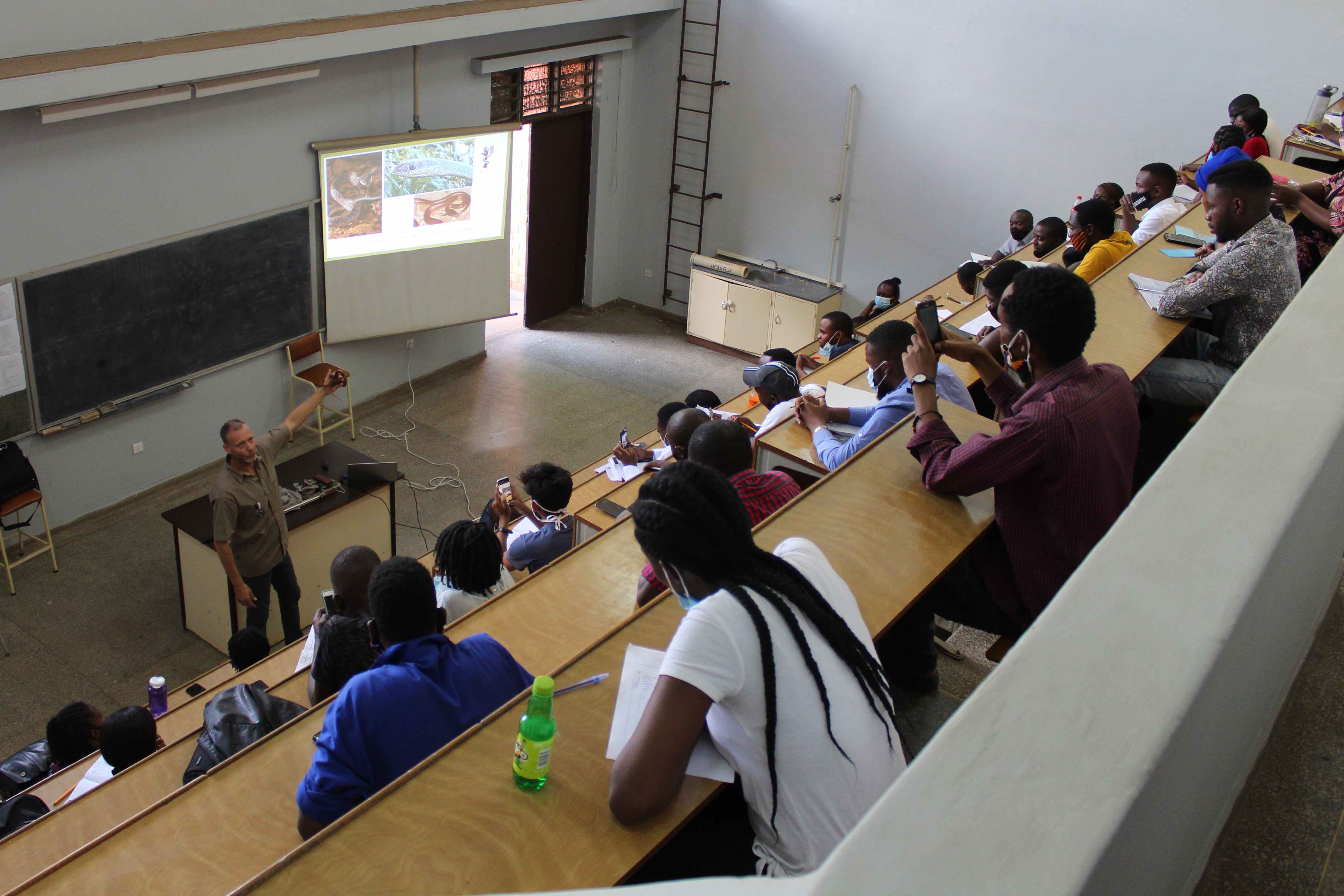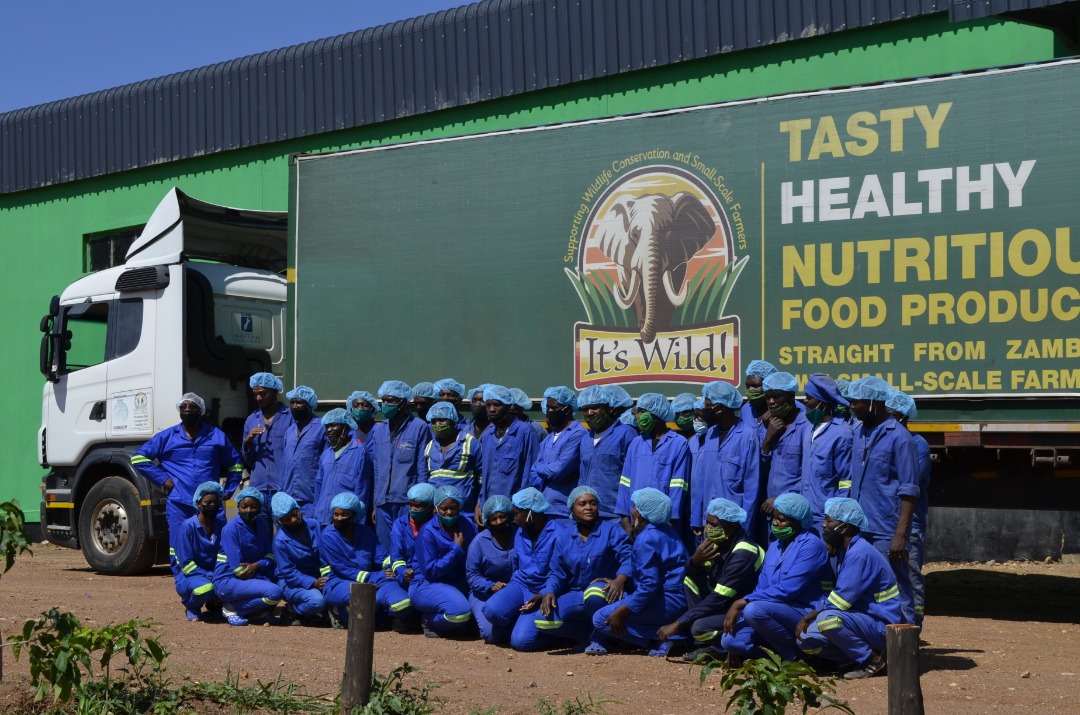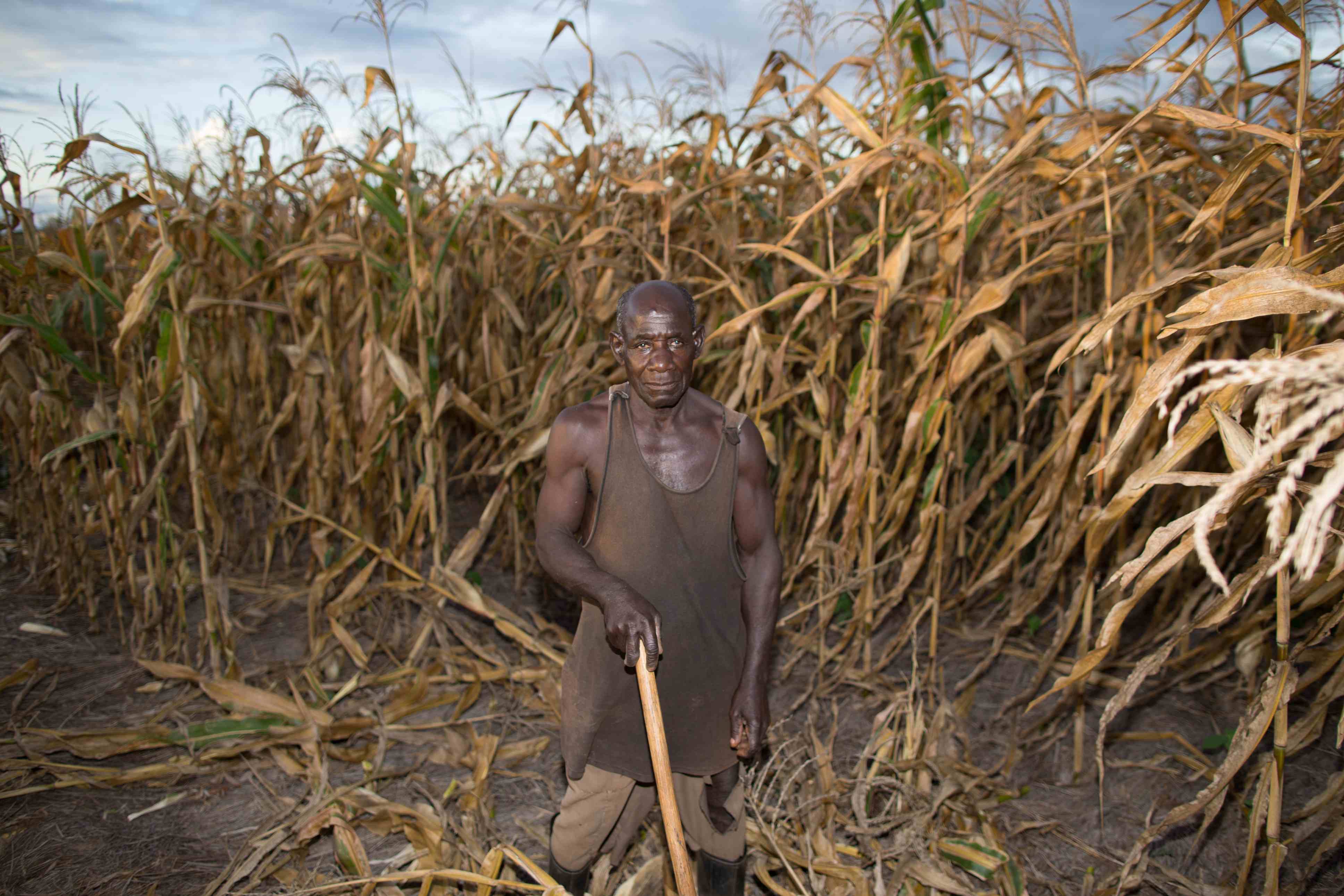In the search for sustainable economic development, commercial game farming is one of the “new” industries that Zambia can take advantage of. It has both the potential to create sustainable employment and reduce poverty, while promoting conservation efforts.
I put new in quotation marks because game farming has been around for decades in Zambia. However, most farms are small and have not developed to the same extent as commercial arable or cattle farming. Compared to Zimbabwe, Namibia or South Africa, which are considered the world leaders in commercial game ranching, our game farming industry is still in its infancy.

In Zambia, game farming has immense potential for growth because the country has a lot to offer in terms of abundant unutilised land, especially around national parks, water and endemic wildlife. We have a significant demand for game meat in our towns and cities, as well as rural areas which can be satisfied by game farming. There is further revenue to be made through photographic safaris. This makes Zambia one of the best environments for game farming in Africa.
However, Zambia has not fully explored its game farming potential. Currently, Zambia only has a small number of recreational, fenced and unfenced game farms scattered throughout the country, according to Wildlife Producers Association of Zambia (WPAZ). When asked about the revenues collected from the country’s game farms, WPAZ’s Interim Chairman Ian Robinson stated, “Currently income and statistics are so small they have no real meaning or significance.”
Meanwhile, South Africa’s commercial game farming industry is massive, raking in about USD6 billion per annum.
The biggest difference between Zambia and the countries that are making fortunes from game farming is that Zambia has been losing its wildlife to poaching and the illegal bushmeat trade for years.
There are many ways in which Zambia can profit from a well-established and fully functional game farming industry. Here are two compelling potential benefits of game farming.

A SOURCE OF LEGAL GAME MEAT
According to WPAZ’s Ian Robinson, Zambia’s game meat demand is 10 times the current legal supply. Taking advantage of this, poachers have created an illegal bushmeat industry, that poses a serious threat to Zambia’s wildlife population through unsustainable hunting methods such as snaring and poisoning. Due to the hunting methods employed, bushmeat is often not fit for consumption as people never really know what animal they are eating or under what conditions the meat was processed. Diseases and allergies are often reported by consumers of illegal bushmeat, whose source is unknown.
Game farming therefore poses an opportunity to create a supply of game meat, that is legal, fit for consumption and most importantly, sustainable. If properly marketed, legal game meat can quickly win the hearts of many. To this effect, the Department of National Parks and Wildlife (DNPW), in collaboration with Wildlife Crime Prevention (WCP) is currently running a campaign dubbed ‘This Is Not A Game,’ which is meant to sensitise the public on the dangers of illegal bushmeat as well as to point consumers to the right sources of legal game meat.
A SUSTAINABLE WAY TO CREATE EMPLOYMENT
Only poachers and traders benefit from the illegal bush meat trade. Despite the supposed monetary benefits, poachers are still at risk from being injured or killed by a wild animal or being arrested by DNPW officers. Further, the illegal bushmeat industry is not regulated so neither the government, the local communities nor the rest of the country benefit in any way.
On the other hand, a fully functional game farm can create employment for over 150 people from the local community. It can also provide the government with a sustainable income, through taxes and levies. This is already happening in Zambia, where the few thriving game farms have created employment for local people and are supporting local communities through funds given to Community Resource Boards. However, there is great potential for this to grow significantly. This will require deliberate efforts. The Ministry of Tourism and Arts, through the Department of National Parks and Wildlife have made several public statements encouraging the growth of this industry and new policy reforms are hoped to support its further development.
There isn’t a lot of information available in Zambia on how to become a game farmer. For further reading, I recommend, ‘How to start a game ranch,’ which discusses in depth the procedure for starting a game farm in Zambia, written by Sakabilo Kalembwe, Public Relations Officer at The Ministry of Tourism and Arts. A visit to the Department of National Parks and Wildlife in Chilanga will avail you further information.

